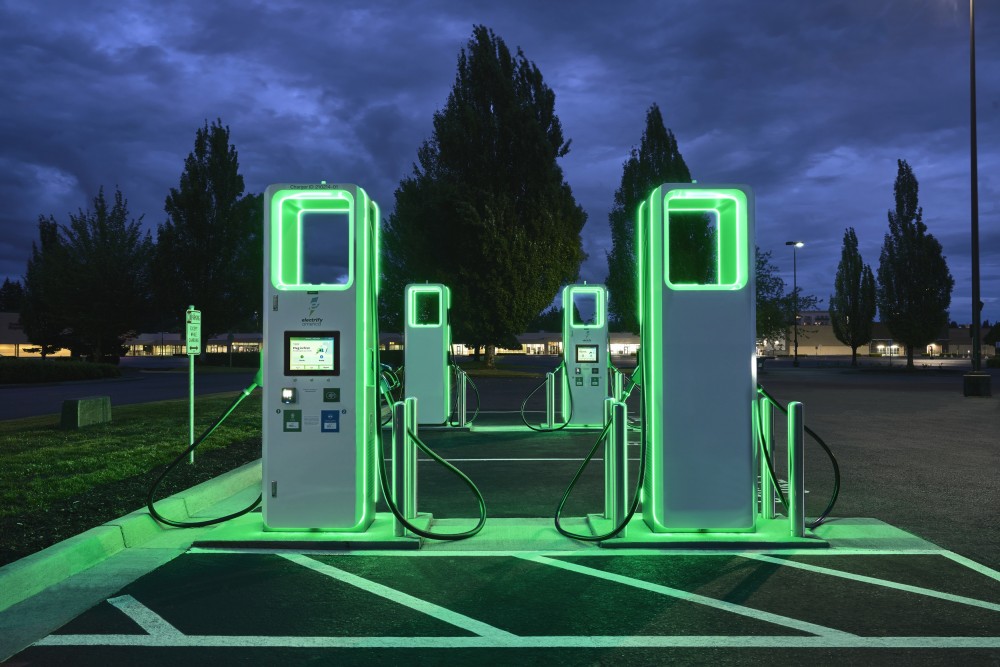The Haryana government's draft EV strategy, which proposes charging stations at modern edifices, societies, and private municipalities with a developed space of 5,000 sq m, will help sooner reception of EVs and make a higher foundation in urban communities like Gurgaon and Faridabad, in understanding to real property manufacturers and business partnerships.
Electric vehicles will be the future and the countries that lead the way will benefit from the first reforms. Vibhor Jain said that since Gurgaon is a hub for diversity, the policy will help manufacturers to include electric vehicle infrastructure from the start of the project.
The objective of the Haryana Authority EV Policy is to make Haryana a global hub for the design and development of Electric Vehicles (EVs).
According to experts, the reputation of electric vehicles will have a direct link with the real estate sector due to the high cost of electricity and the demand for housing.
The policy aims to improve electricity tariffs as the economy benefits the state by increasing the availability of land in the contracted areas of the region, Jain added.
According to the law, in order to complete the ecosystem of electric vehicle production in the state, the government plans to divide the land between 100 and 200 acres to build an electric vehicle fleet with plug-and-play infrastructure, equipment spacious and extensive outdoor infrastructure.
As per Sumit Dhanuka, the initial architect of ElectriVa, a main EV charging startup, additional states should have such moderate protection strategies to accelerate the reception of unpracticed versatility.
Specialists expressed that the state's operations and the modern house will harvest benefits from such helpful measures.
Monetary motivators given by the state specialists encapsulate a capital endowment of attached capital subsidising and repayment of 100 per cent of stamp liability and switch liability paid by the exchange on the securing or rent of land for modern use
The Haryana Federal Electric Vehicle Policy is a step towards ensuring and promoting urban emissions in the state,” said Mohit Goel MD, Omaze Ltd.
Meanwhile, many states have sold out the EV ecosystem and increased demand in the field.
Maharashtra's Electric Vehicles Act provides a property tax exemption of 2-5% for housing organisations that offer paid parking for electric vehicles (from March 2025).
Karnataka authorities are planning to revamp their building system to allow residents and retailers to see payment terms for electric vehicles in their homes.
Delhi's EV policy requires new homes to install EV chargers in 20% of their parking spaces, and upgrades with more than 100 parking spaces save 5% for chargers.










